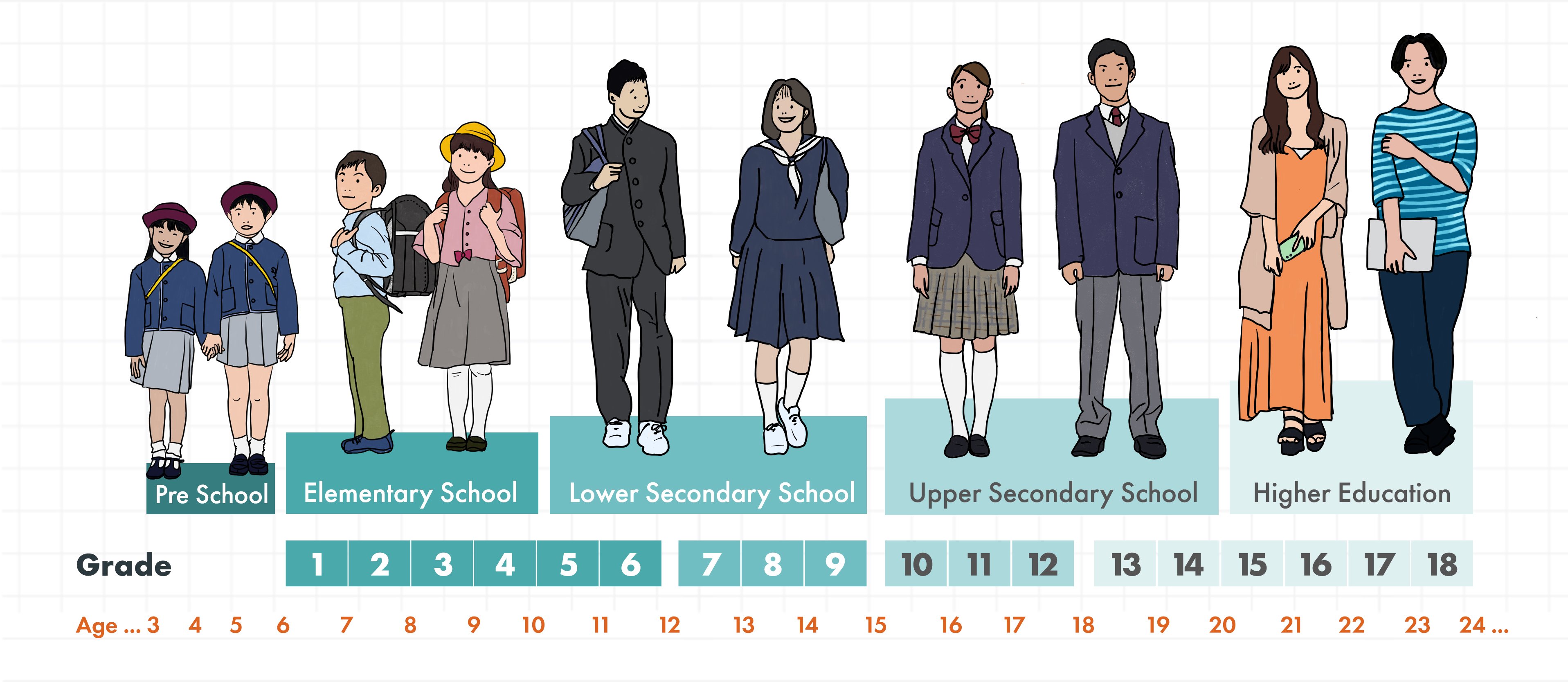Japan's Education System: A Global Benchmark for Excellence
Unveiling the Strengths and Success of Japan's Educational Approach

Japan's education system has long been admired as one of the finest in the world, consistently producing high-achieving students and fostering a culture of academic excellence. This article delves into the key aspects that make Japan's education system a global benchmark, highlighting its strengths and highlighting why it is regarded as a model for educational success worldwide.
A Holistic Approach to Education
One of the distinguishing features of Japan's education system is its holistic approach. While academic excellence is paramount, equal importance is given to the development of students' characters, values, and social skills. The curriculum emphasizes fostering creativity, critical thinking, and problem-solving abilities, equipping students with a well-rounded skill set that prepares them for future challenges.
Teacher Quality and Professionalism
Japan places great importance on teacher quality and professionalism. Teachers undergo rigorous training and professional development to enhance their teaching skills, subject knowledge, and pedagogical methods. The teaching profession is held in high regard, attracting talented individuals who are passionate about shaping the next generation. The dedication and expertise of teachers contribute significantly to students' academic achievements and overall growth.
Emphasis on Discipline and Work Ethics
Discipline is deeply ingrained in Japan's education system, instilling in students a strong work ethic and a sense of responsibility. From a young age, students learn the importance of punctuality, respect for teachers and peers, and adherence to rules and regulations. This focus on discipline creates a structured learning environment that fosters concentration, diligence, and perseverance among students.
Strong Foundation in Core Subjects
Japan's education system places a strong emphasis on core subjects such as mathematics, science, languages, and social studies. The curriculum is designed to ensure students develop a solid foundation in these fundamental areas. By providing a comprehensive education in core subjects, students gain a broad knowledge base and acquire essential skills that form the building blocks for higher education and future careers.
Cultivating a Culture of Continuous Improvement
Japan's education system promotes a culture of continuous improvement, encouraging students to strive for personal growth and academic excellence. Regular assessments and examinations allow students to gauge their progress, identify areas for improvement, and set goals for themselves. This focus on self-reflection and self-improvement instills a strong sense of motivation, resilience, and a lifelong love for learning.
Inclusive and Equal Access to Education
Japan's education system is committed to providing equal access to quality education for all students, regardless of their socio-economic background or geographical location. Efforts are made to ensure that even remote areas have well-equipped schools and qualified teachers. The focus on inclusivity and equal opportunities allows every child to have a fair chance at success, fostering a society that values education as a means of upward mobility.
Conclusion
Japan's education system stands as a shining example of academic excellence, holistic development, and a commitment to cultivating well-rounded individuals. Its emphasis on discipline, teacher quality, core subjects, continuous improvement, and equal access to education sets it apart as a model for the world. By adopting and adapting the strengths of Japan's education system, countries can strive towards educational excellence and empower their students to achieve their full potential.




Leave Comment